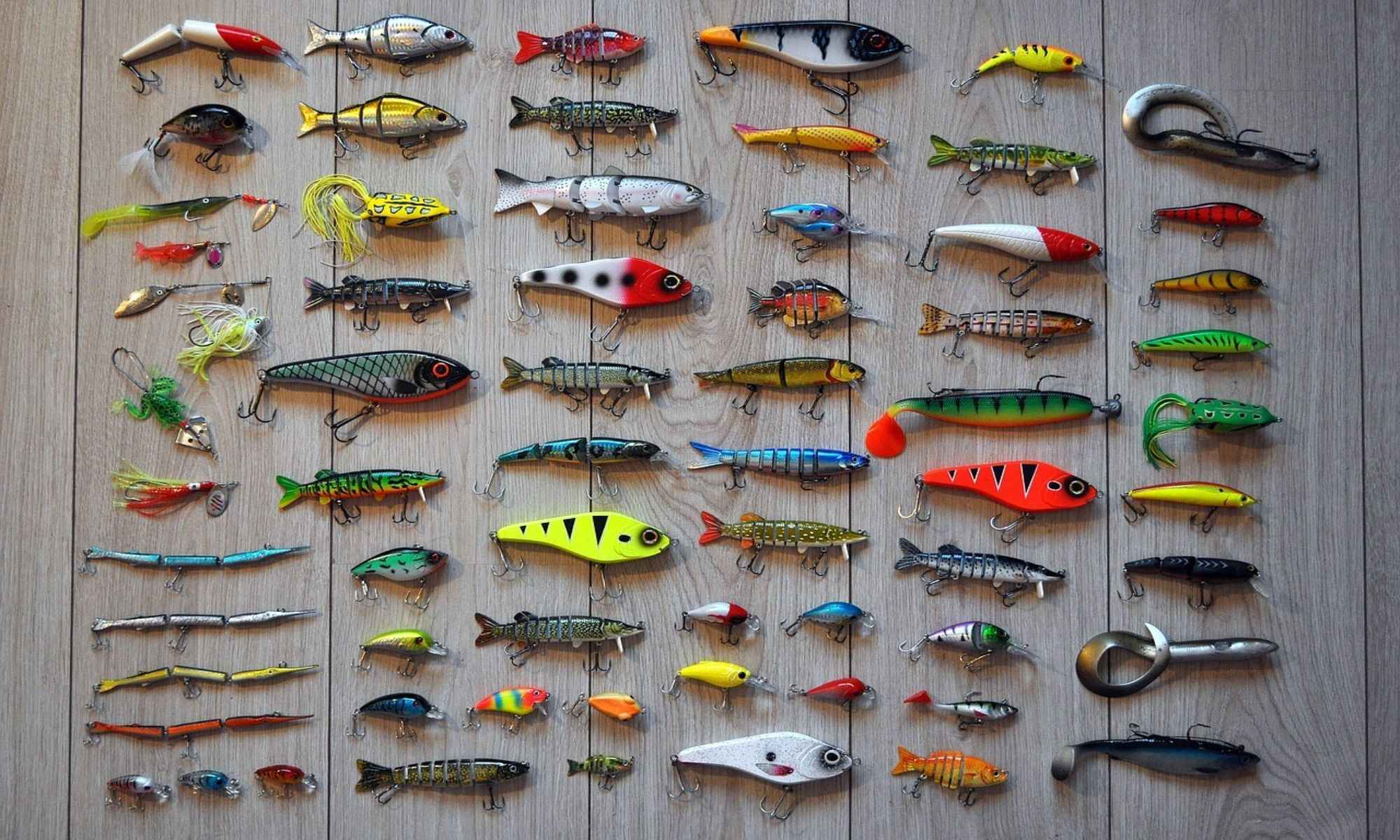Search Baits: How to Use Them to Find Bass Successfully
Bass anglers often want to know when to use specific lures to find their prey. Find out how and when you should use Search Baits.

If you've heard anglers use the term "search bait" before, you're probably wondering what it is and what it's used for. With so many different kinds of baits out there today, you just might be hesitant at the mention of a new one.
Today, we're going to find out exactly what search baits are and how you can use them to find bass successfully, no matter where you are.
How To Use Search Baits Successfully

1. What are Search Baits?
First things first – what exactly is search bait? Simply put, it is any lure in your tackle that's designed to do survey a large area of water quickly. Contrary to what you may think, there's no specifically designed search bait to carry out that task. As long your lure or bait can move fast over the water, it can effectively conduct your surveillance.

Consider it similar to sending out a drone to conduct an initial sweep of a location to identify any potential targets. In this case, however, your goals are bass, and you're looking to see if they're aggressively biting.
Spinnerbaits, buzz baits, crankbaits, jerkbaits, and walking topwater plugs are all excellent search baits. They can cover many areas in a short amount of time and are likely already in your tackle right now.
2. When Should You Use Search Baits?
You might be wondering, why bother with a search bait at all? Why should I scope out the area where I’m fishing in? What if I disrupt the fish and scare them away by doing so?
As mentioned earlier, the primary objective of using search bait is to cover a large area quickly. Therefore, it can be helpful in gravel, mud flats, and ecosystems ripe with heavy aquatic plants. You might also want to consider doing recon in places where water depths fluctuate randomly. Even if you’re already familiar with the area you're fishing in, using search bait can eliminate dead zones and pinpoint a hot spot for you to concentrate your time on.
Search baits can be particularly helpful during the pre-spawning season when bass dwell at various depths to feed. Since these fish can be found anywhere between a shallow foot of water to as much as twenty feet deep in the water column, any advantage you can have is essential.
During spawning, however, search baits are effective in luring out bass guarding their nests or resting on the bed. The idea is to get the fish to reveal themselves so that you can better target your casts. In this scenario, jerkbaits are usually a great go-to option.

After the spawn, though, you’ll want to switch up your search bait tactics and go for a deeper diving crankbait. From autumn to the early summer months, bass are well-known for moving away from deeper waters to migrate up to ledges and shallows. As the bass travel in large bodies of water, sending out search baits can help you find a nice spot to settle in. Spinnerbaits are known to be effective during this time, as long as you make them walk on the surface of the water.
3. Crank it Up
Crankbaits are one of the most effective search baits because they can reveal clues about what’s underneath the water. These lures can act as a second sonar of sorts for the trained angler that's familiar with the subtle nuances of their bait as it moves along the waterbed. With a sensitive rod, you can tell if you’ve struck a fallen log, a rock, or even an unsuspecting fish. With some practice, you can know if you’ve stumbled upon the cover, structures, or a drop-off.
If you're lucky, a large bass might even bite at your searching crankbait while you’re gathering intel. Don’t be discouraged if you don’t get lucky, though. Switching up your lure to a jig or a plastic worm after working your search bait just might be the exact change you needed for the area. This means that while crankbaits are effective search baits, they may not exactly be the lure you need in that particular spot. Bass are intelligent and picky game fish with unique preferences, so don’t be afraid to switch up colors and lures after feeling out an area.
4. Spinning Around
Spinnerbaits are likewise efficient search baits as they’re often used to fan cast from one side of an area to the opposite side. The horizontal movement systematically covers a location and allows you to comb through it quickly to know if there are bass in the water or not. Remember, searching for fish is half the battle.
Having a system with spinnerbaits is beneficial so that you don't waste too much time in a single area, especially if you’re obsessively thorough. Ensuring you have certain limitations ensures that you're continuously moving along and actively searching.
5. Searching
If you already have a good collection of spinners, crankbaits, swimbaits, or other topwater lures in your tackle, you've already got yourself a good collection of search baits. Having different colors, patterns, and sizes is practical, so you can be prepared for any situation.
Beginning any fishing trip with search baits can quickly help you determine which areas are worth fishing in so that you don't waste any precious time. While it may seem redundant to some anglers, this tactic can be of immense practical use for those who want an extra advantage against the intelligent bass lurking beneath the waters.




